Juneteenth: 10 Facts You Should Know About the Federal Holiday
Did you know Juneteenth has its own flag?
Updated June 12 2024, 1:20 p.m. ET
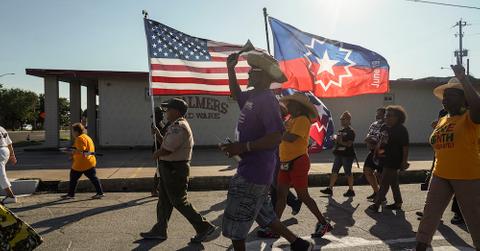
The national holiday Juneteenth has been around for over a century, but only recently got the federal recognition it deserves. Seen as the unofficial end to slavery in the U.S., people around the country enjoy time with friends and family to celebrate. The holiday got its start in 1865, but years later, many people still don't know about its significance. So, we've rounded up 10 facts about Juneteenth.
Note that although many Black Americans regard Juneteenth as the end of legal slavery in the U.S., slavery was still technically legal in states that had not joined the Confederacy (including Kentucky and Delaware) until December 1865, when the 13th Amendment was ratified. Therefore, some believe that we should celebrate collective liberation in December instead of June.
1. Juneteenth is named after the date on which it takes place.
Juneteenth got its name because it takes place on June 19 each year.
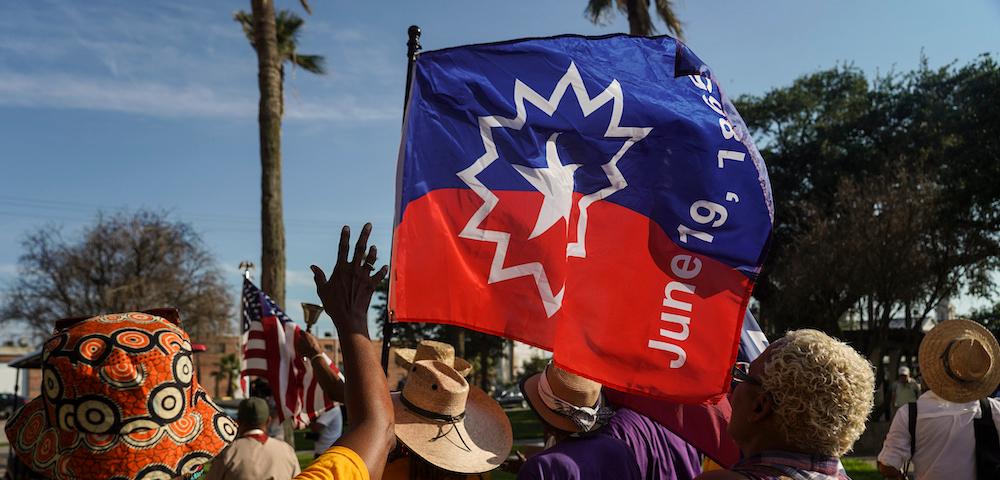
2. Juneteenth had a different name at first.
Although Juneteenth is a clever play on words, the holiday was initially called "Jubilee Day." It started being celebrated in 1866, but as word of the day spread, the name "Juneteenth" began to catch on.
3. Juneteenth took place years after slavery was abolished in the U.S.
The Emancipation Proclamation was signed in 1863, but could only take effect in areas that were still under Confederate control. According to History, Texas continued to operate as if slavery was still legal, because there hadn't been a lot of enforcement of the new law. That's why it took another 2.5 years for slavery to end there (On June 19, 1865), and why many see Juneteenth as the unofficial end to slavery.
4. Juneteenth took place in Galveston, Texas.
As per History, U.S. General Gordon Granger arrived in Galveston in June of 1865 and announced the news, freeing more than 250,000 enslaved people.
5. Juneteenth has its own flag.
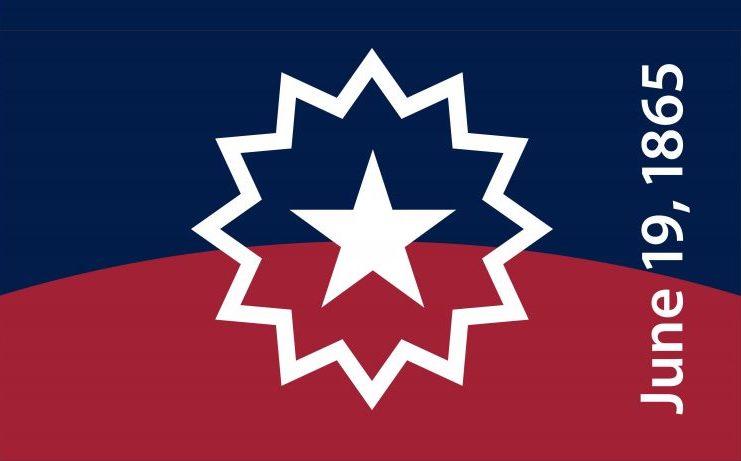
The Juneteenth flag was created by the founder of the National Juneteenth Celebration Foundation (NJCF) Ben Haith in 1997. According to the NJCF, the star in the center is the star of Texas, and the burst around it symbolizes it "bursting with new freedom throughout the land, over a new horizon." Red, white, and blue were used because those are the colors of the American flag.
6. The Juneteenth flag has gone through some changes over the years.
In 2000, the flag was updated with a more modern look; and in 2007, the text "June 19, 1865" was added on the side.
7. Most states in the U.S. viewed Juneteenth as a holiday before it was federalized.
According to CNN, Pennsylvania was one of the last states to recognize the holiday, doing so in 2019; North Dakota and Hawaii followed suit in 2021, leaving South Dakota as the sole state not to officially recognize Juneteenth as a state holiday, as per Denver7.
But then, in February 2022, South Dakota's Gov. Kristi Noem signed a bill into law declaring as Juneteenth an official South Dakota state holiday, as per AP News.
8. Juneteenth was federally recognized in 2021.
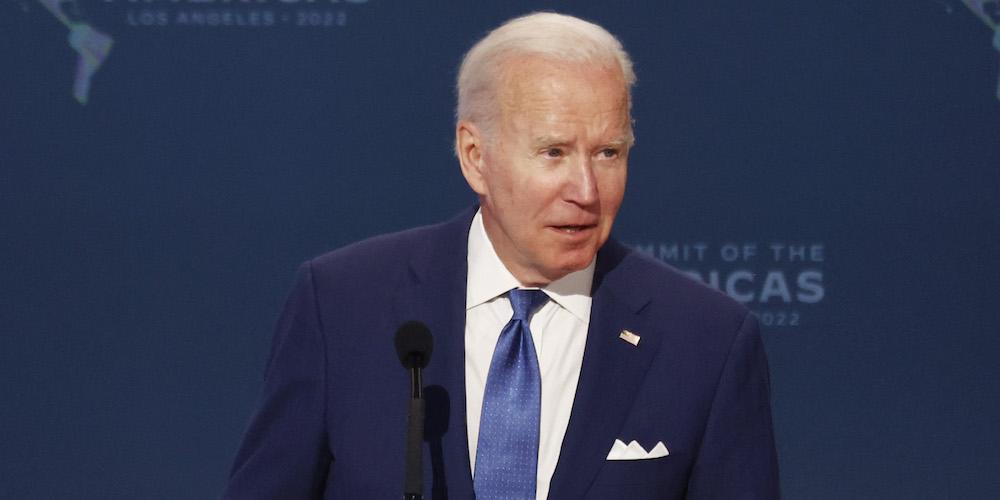
In June 2021, President Joe Biden signed the Juneteenth National Independence Day Act that made Juneteenth a federal holiday.
"Juneteenth marks both the long, hard night of slavery and subjugation, and a promise of a brighter morning to come," President Biden said in a speech on the day he signed the bill. "This is a day of profound — in my view — profound weight and profound power."
9. People celebrate with friends and family on Juneteenth.
In many ways, Juneteenth is celebrated like July 4. People spend time with friends and family typically around a meal (more specifically a cookout). There are celebrations and marches all across the country in the U.S., but there are no strict rules about how to celebrate.
10. June 19 isn't the only anniversary of events that contributed to ending slavery in the U.S.
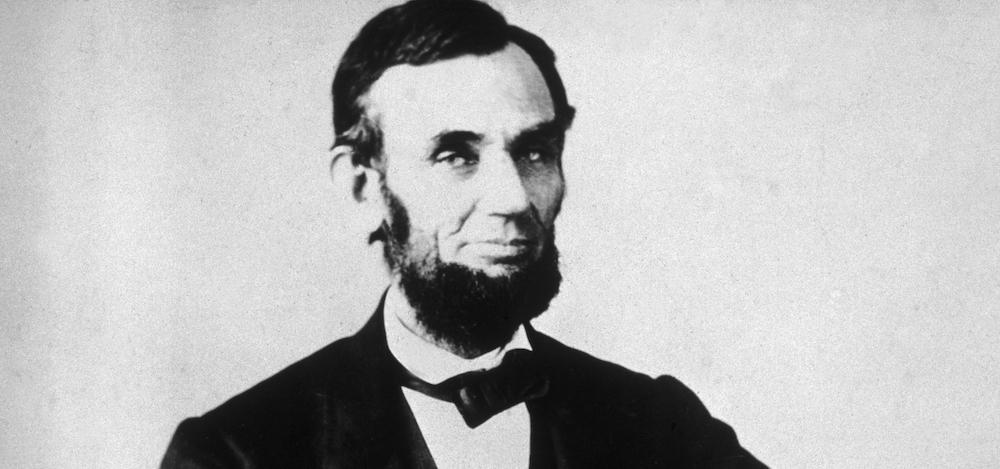
There are a number of dates throughout history that mark the end of slavery in the U.S. in some way. According to PBS, they include:
- April 16, 1862: The day slavery was abolished in Washington D.C.
- Sept. 22, 1862: The day Abraham Lincoln signed a preliminary order of the Emancipation Proclamation
- Dec. 6, 1865: The day the 13th Amendment was ratified, ending legal slavery in border states that hadn't joined the Confederacy.
This article, originally published on June 14, 2022, has been updated to reflect Juneteenth 2024.